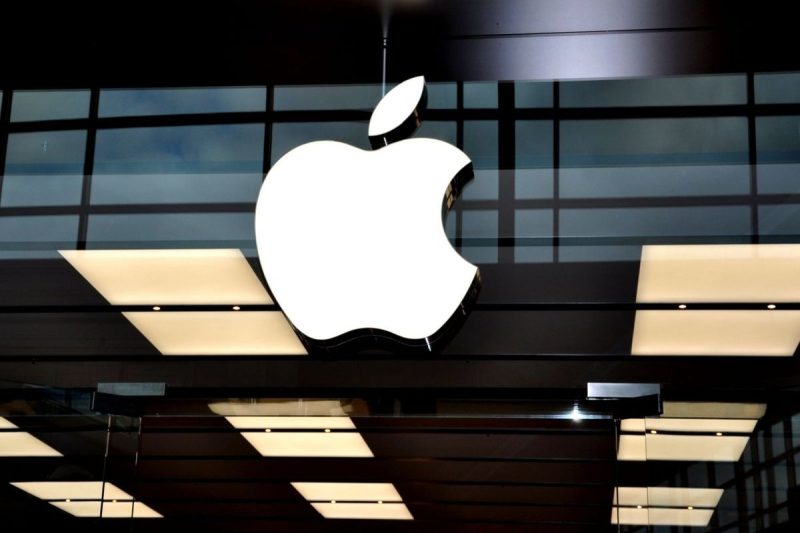In recent news, the partnership between Apple and OpenAI has sparked a heated privacy debate involving tech mogul Elon Musk. This collaboration, aimed at advancing artificial intelligence technologies, has raised concerns about data privacy and the potential implications for user information. The involvement of Elon Musk, known for his vocal stance on AI ethics, has further fueled the discussion.
The partnership between Apple and OpenAI signifies a significant step forward in the development and integration of AI technologies into consumer products. While AI has the potential to revolutionize various industries and improve user experiences, it also raises pressing questions about data privacy and security. With AI systems increasingly relying on vast amounts of data to operate effectively, concerns about how this data is collected, stored, and used have come to the forefront.
Elon Musk’s involvement in the debate adds a layer of complexity, given his well-known views on AI safety and ethics. Musk has been a vocal advocate for responsible AI development and has warned about the potential dangers of unregulated artificial intelligence. His comments on the Apple-OpenAI partnership have sparked further scrutiny of the potential privacy implications of the collaboration.
Privacy advocates have expressed concerns about the potential for user data to be compromised or misused as a result of the partnership. As AI systems become more integrated into everyday products and services, ensuring the protection of user information is paramount. The debate surrounding the Apple-OpenAI partnership highlights the need for robust data privacy regulations and transparency measures to safeguard user rights.
In response to the privacy concerns raised, Apple and OpenAI have emphasized their commitment to protecting user data and adhering to strict privacy standards. Both companies have stated that they are dedicated to ensuring the responsible use of AI technologies and safeguarding user privacy. However, critics argue that more transparency and oversight are needed to address the potential privacy risks associated with the partnership.
Moving forward, it is crucial for companies involved in AI development to prioritize user privacy and data protection. Constructive dialogue between industry stakeholders, policymakers, and privacy advocates is essential to establish clear guidelines and standards for the responsible use of AI technologies. As AI continues to advance and become more prevalent in our daily lives, safeguarding data privacy must remain a top priority. Only through collaborative efforts and transparent practices can we ensure that AI benefits society while upholding fundamental privacy rights.
